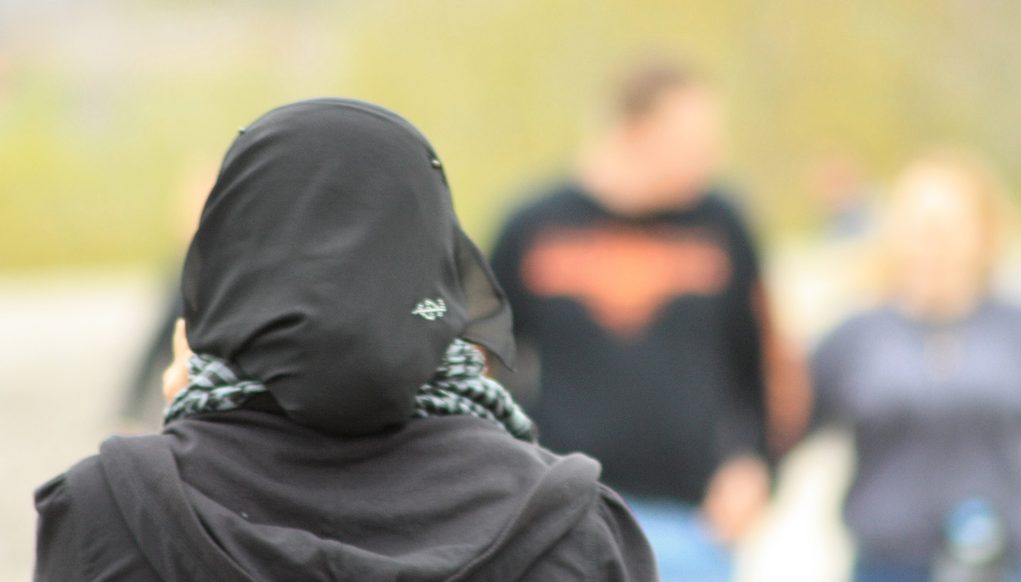Unveiled: Hijabi representation
Finding representation in mainstream media is not easy when you wear a hijab. There are barely any role models on TV and in the wider media, and when someone wearing a hijab does make an appearance, their small cameo has them cast as a victim.
We’re always asked “Who is oppressing you?” and “Does your dad make you wear that?”. You don’t get a chance to speak, instead you are to watch the men on both sides of the debate speak over and for you.
However, as Tracey Turnblad once aptly put it: “It’s changing out there, and people who are different, their time is coming.” This time will see us being removed from this box labelled ‘other’; we will be thrust onto the main stage to take our place among the players where our narratives will be normalised.
I was delighted and somewhat emotional when I found out about the news and I knew that fifteen-year-old me would have felt the exact same…
Last week saw exactly this for me. A major US cosmetic brand, Covergirl, has unveiled their newest ambassador to be Nura Afia, a Hijabi and beauty vlogger with hundreds of thousands of online followers and subscribers. Afia is the brand’s first hijab-wearing ambassador, and it’s a testament to the brand’s commitment to diversity that they also featured their first male ambassador earlier this year.
I was delighted and somewhat emotional when I found out about the news and I knew that fifteen-year-old me would have felt the exact same. Much of the formative part of my adolescence was spent watching Afia on YouTube where I learnt everything from how to perfect ‘the everyday neutral look’ to mastering the art of wrapping your hijab in an elegant up-do for a special occasion.
At the awkward age of 15, I was beginning to understand who I was and how to navigate and tame this labyrinth of material on my head…
Afia had been an integral part of my hijab experience. She was a guiding figure that I could identify with when, at the awkward age of 15, I was beginning to understand who I was and how to navigate and tame this labyrinth of material on my head.
Finding out who you are is something every teenager goes through, regardless of your race or religion. The inclusion of someone like Afia into such a mainstream campaign means that my narrative is no longer something excluded and deemed ‘different’. My experiences are valid and don’t unfold in some alternate reality.
This isn’t a revolutionary discovery; we’ve always known that Muslim women, like most people, participate in a range of ordinary interests…
It’s not just Afia who is challenging the social identity construction of the Hijabi; Ibtihaj Muhammad and Nadia Hussein have also demonstrated that Muslim women have interests in seemingly normal activities like sport and baking. This isn’t a revolutionary discovery; we’ve always known that Muslim women, like most people, participate in a range of ordinary interests.
However, the politicisation of the hijab has meant that women who wear one become solely defined by it. Of course, this isn’t the case and although the hijab is an integral part of our identity and of how our experience of the world is shaped, we don’t live through it and the recognition of this is long overdue.

Comments